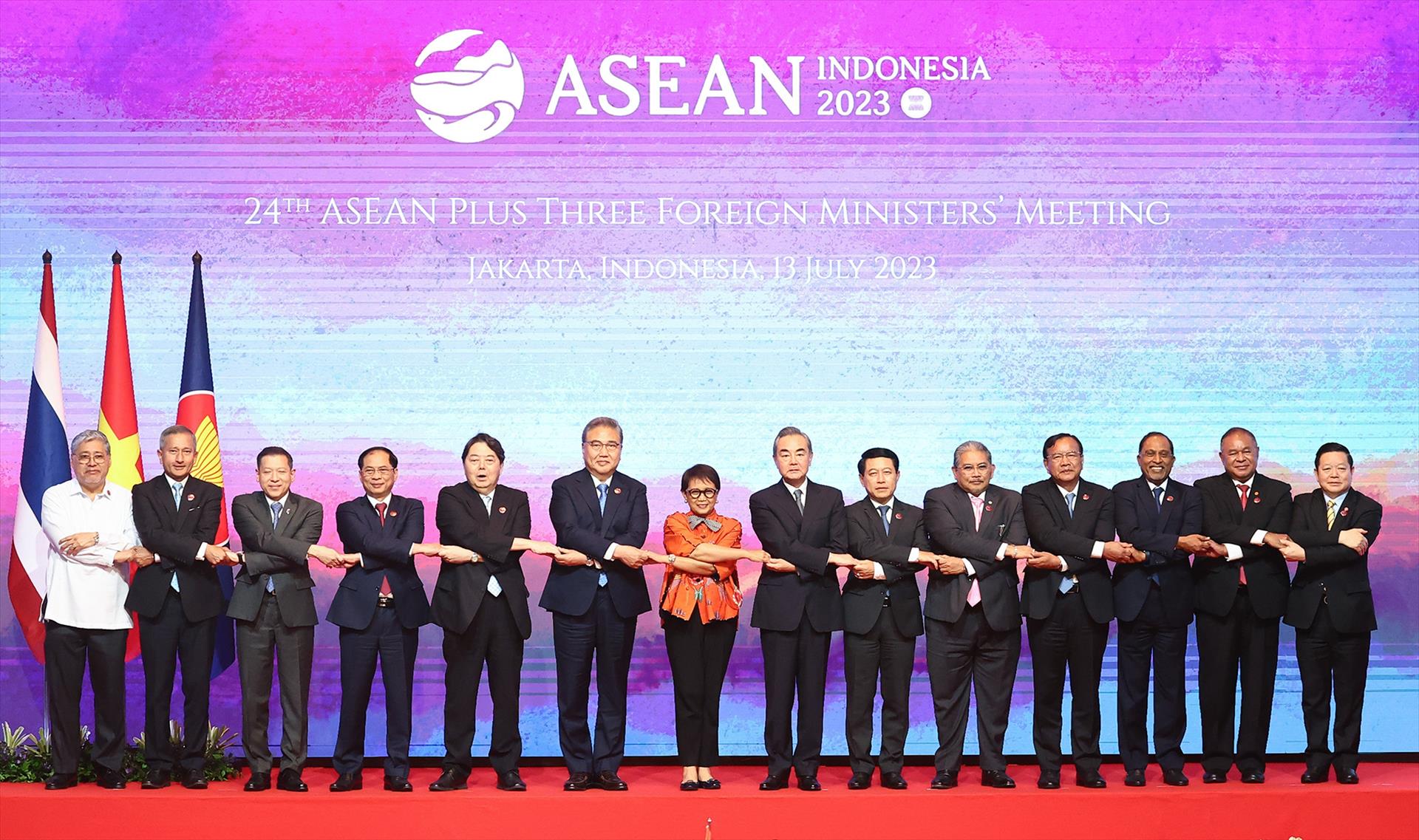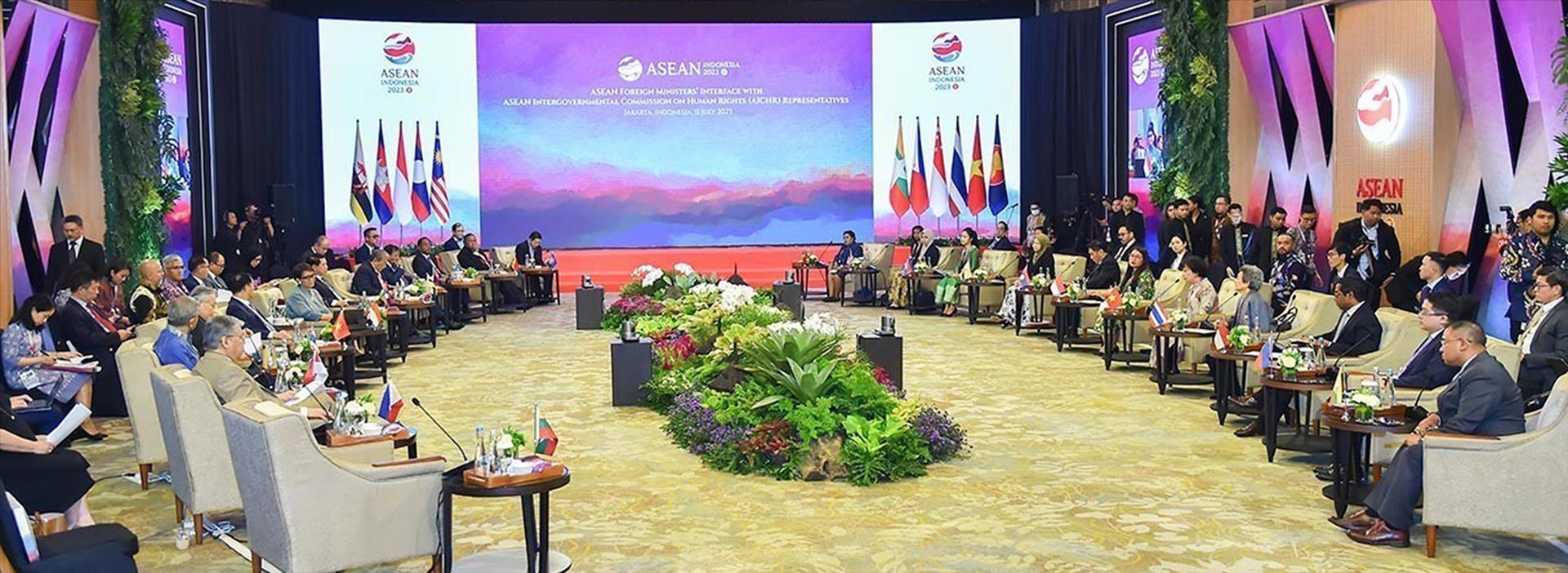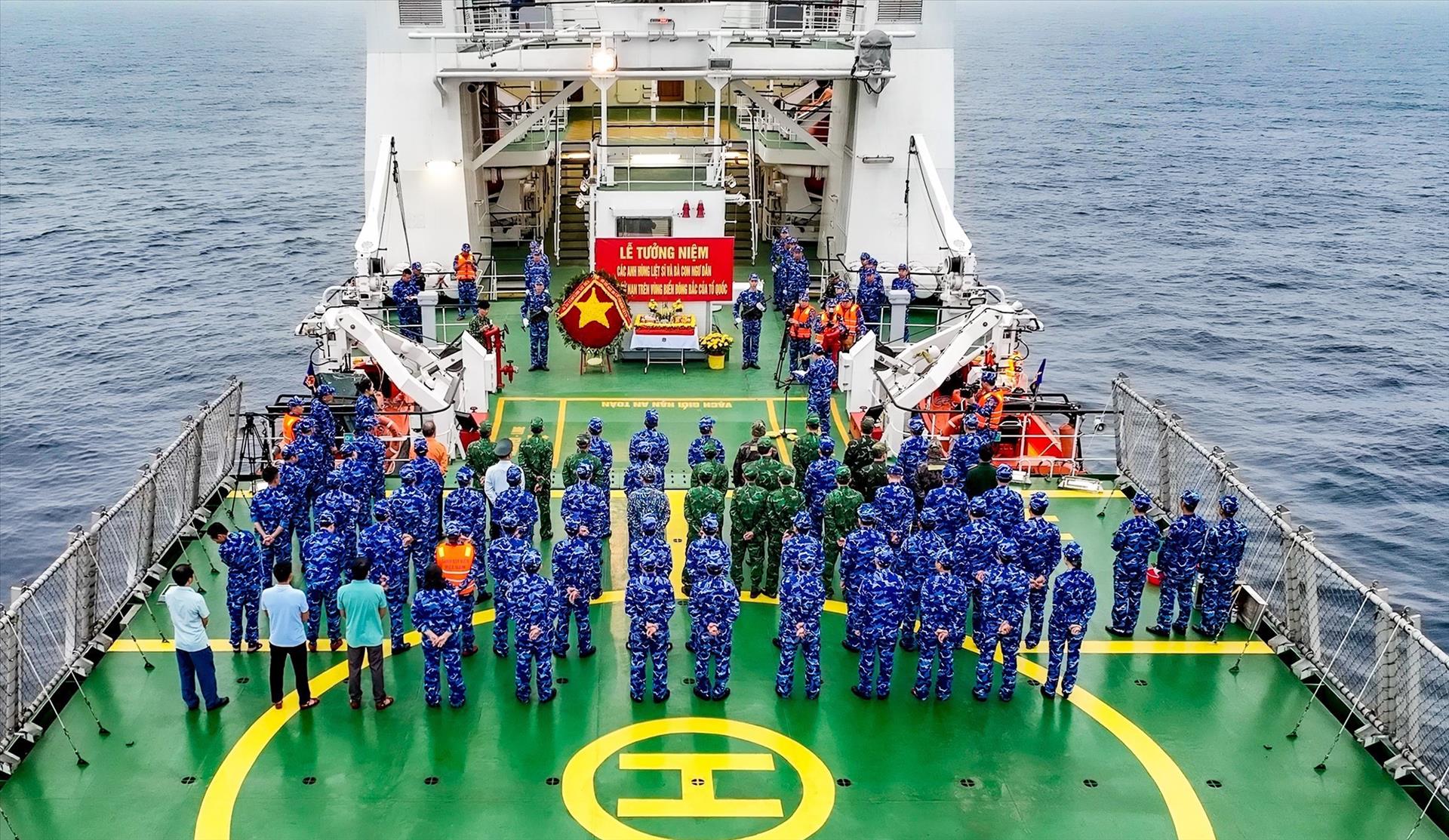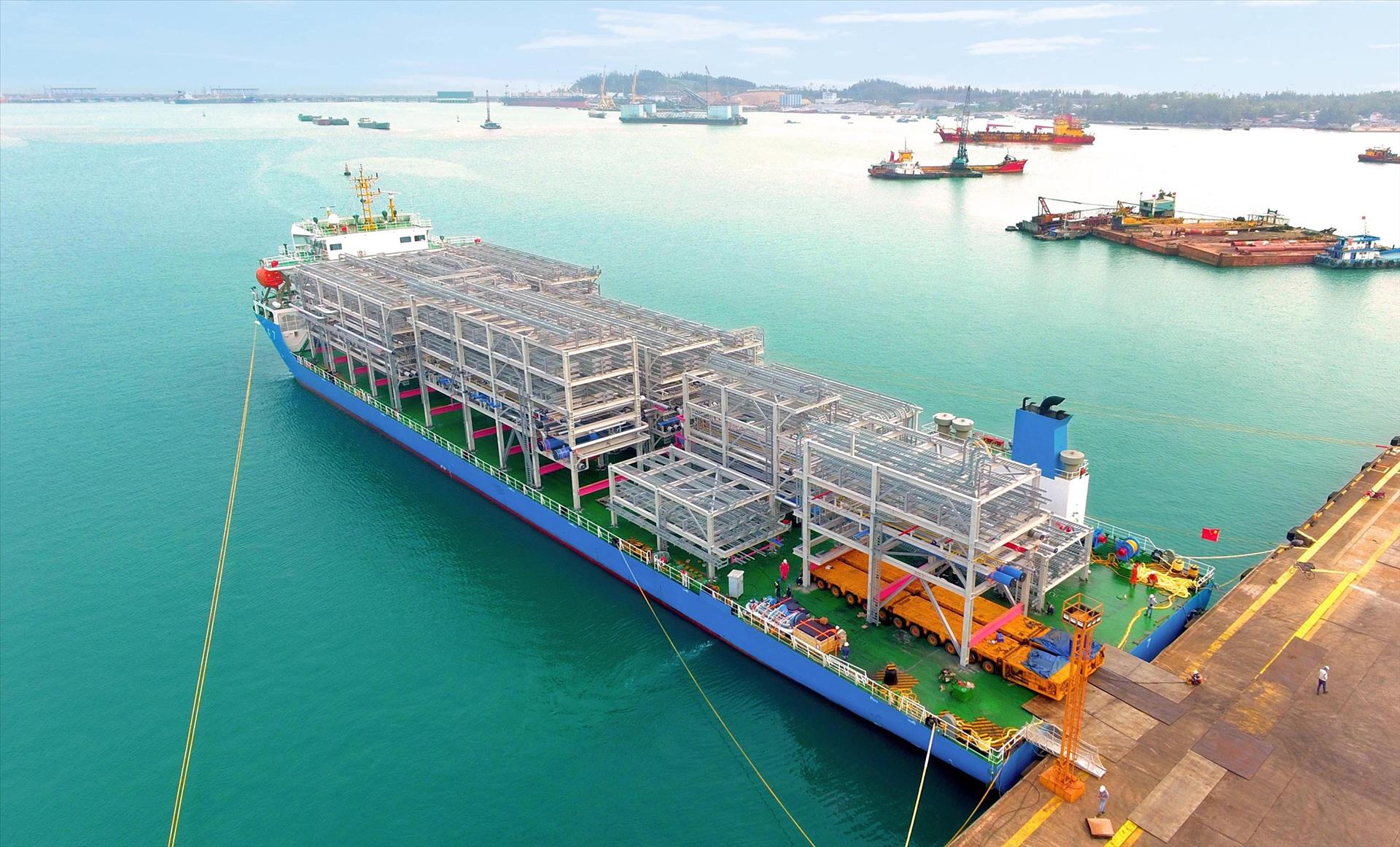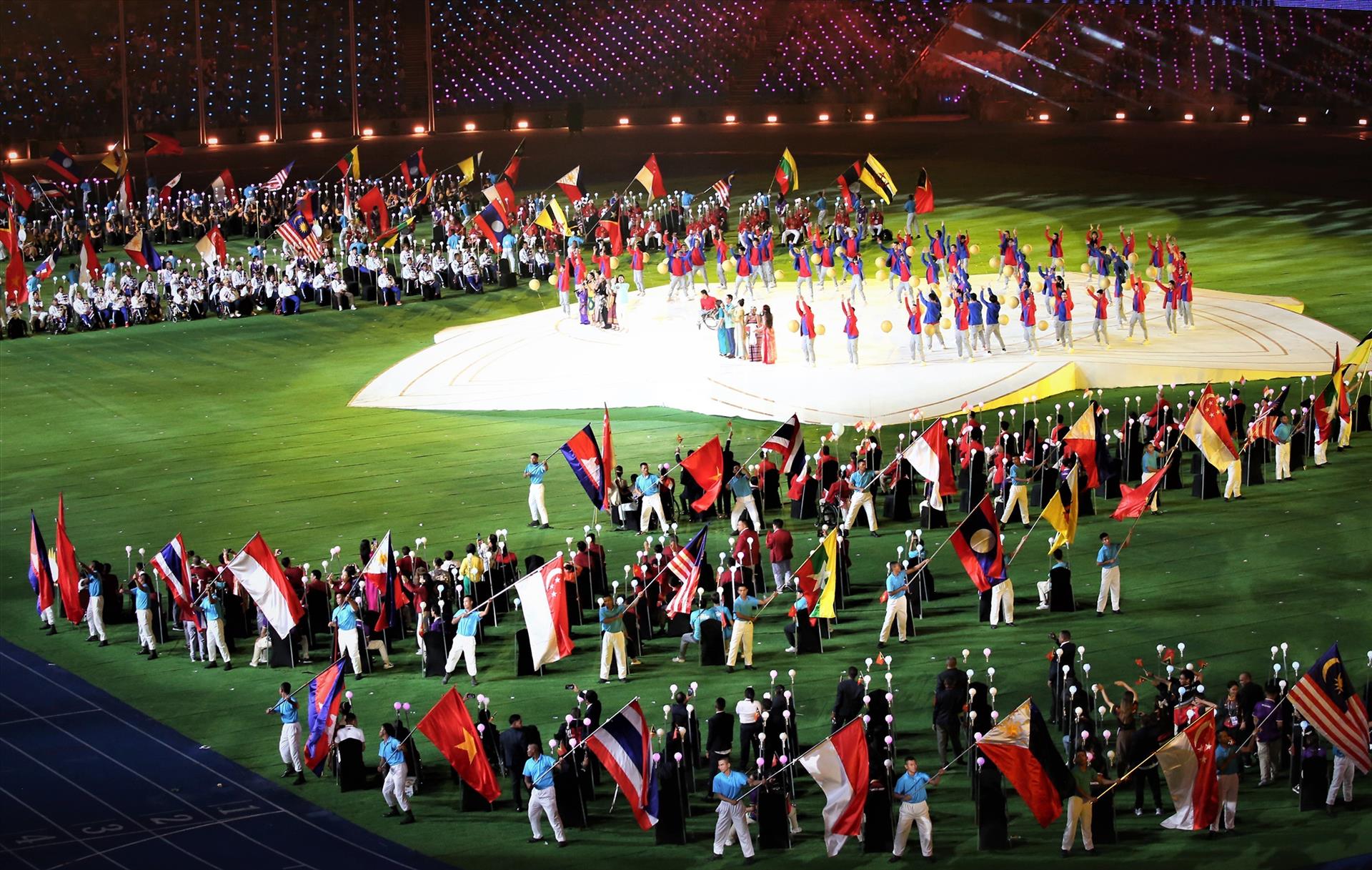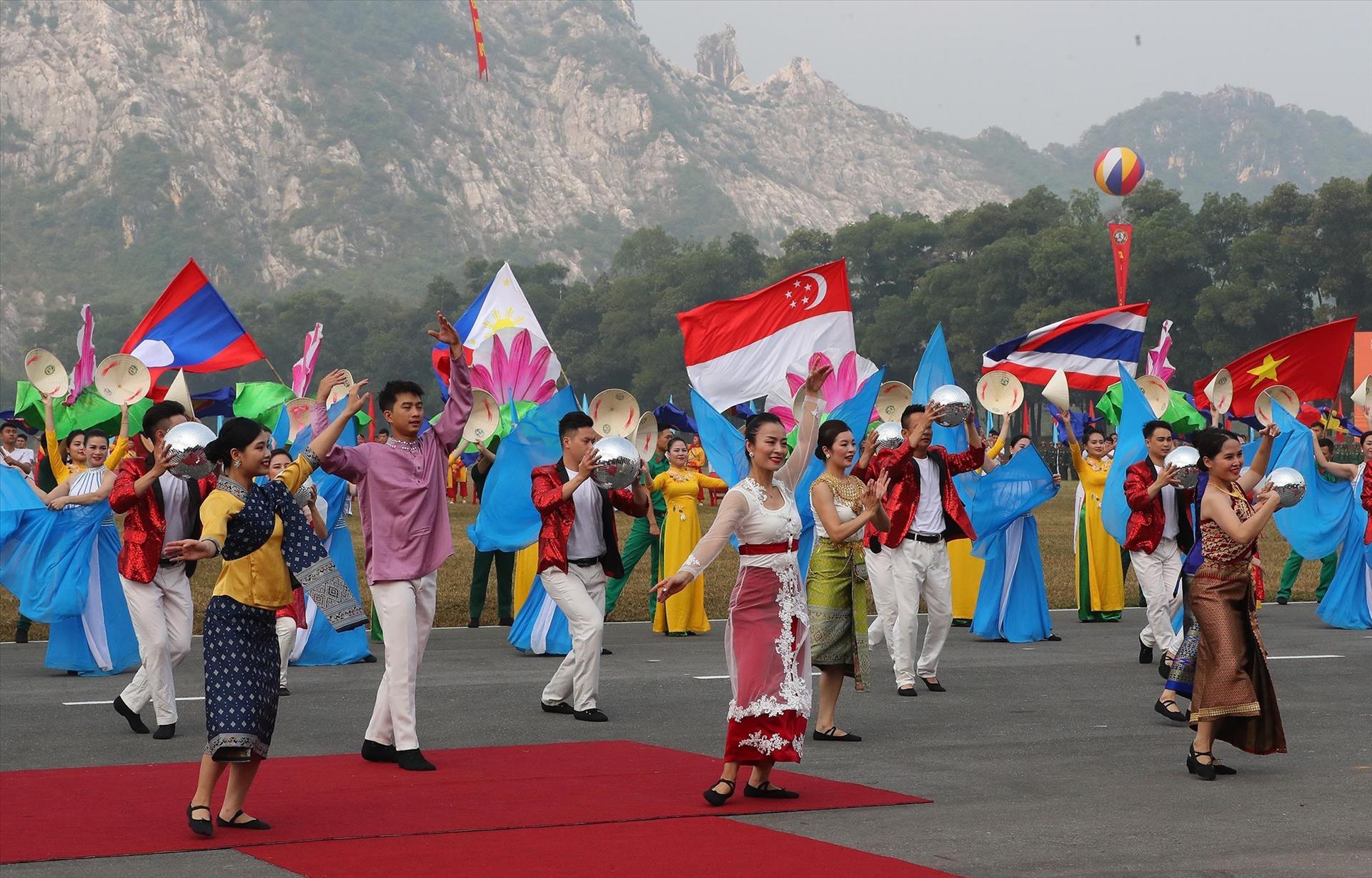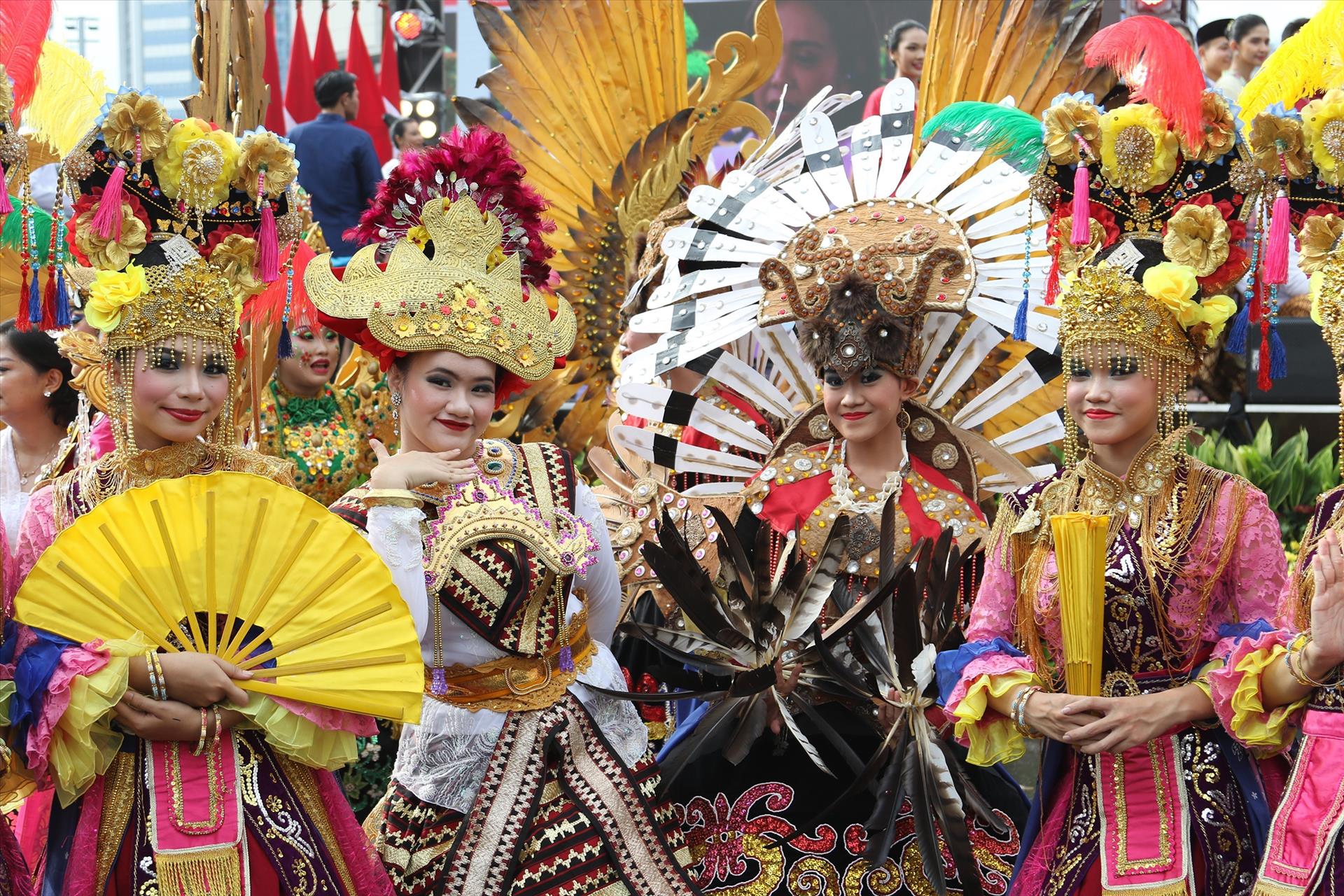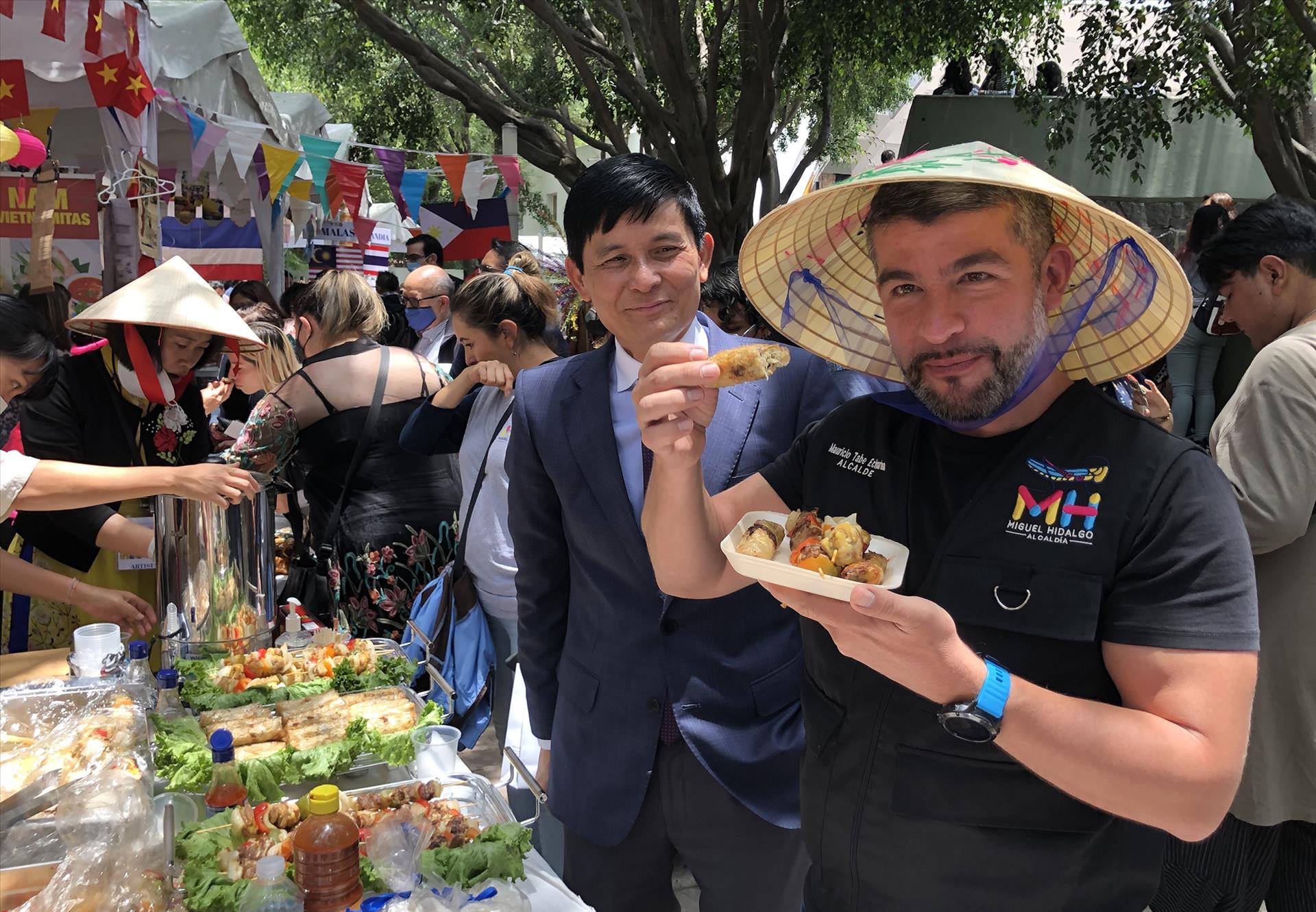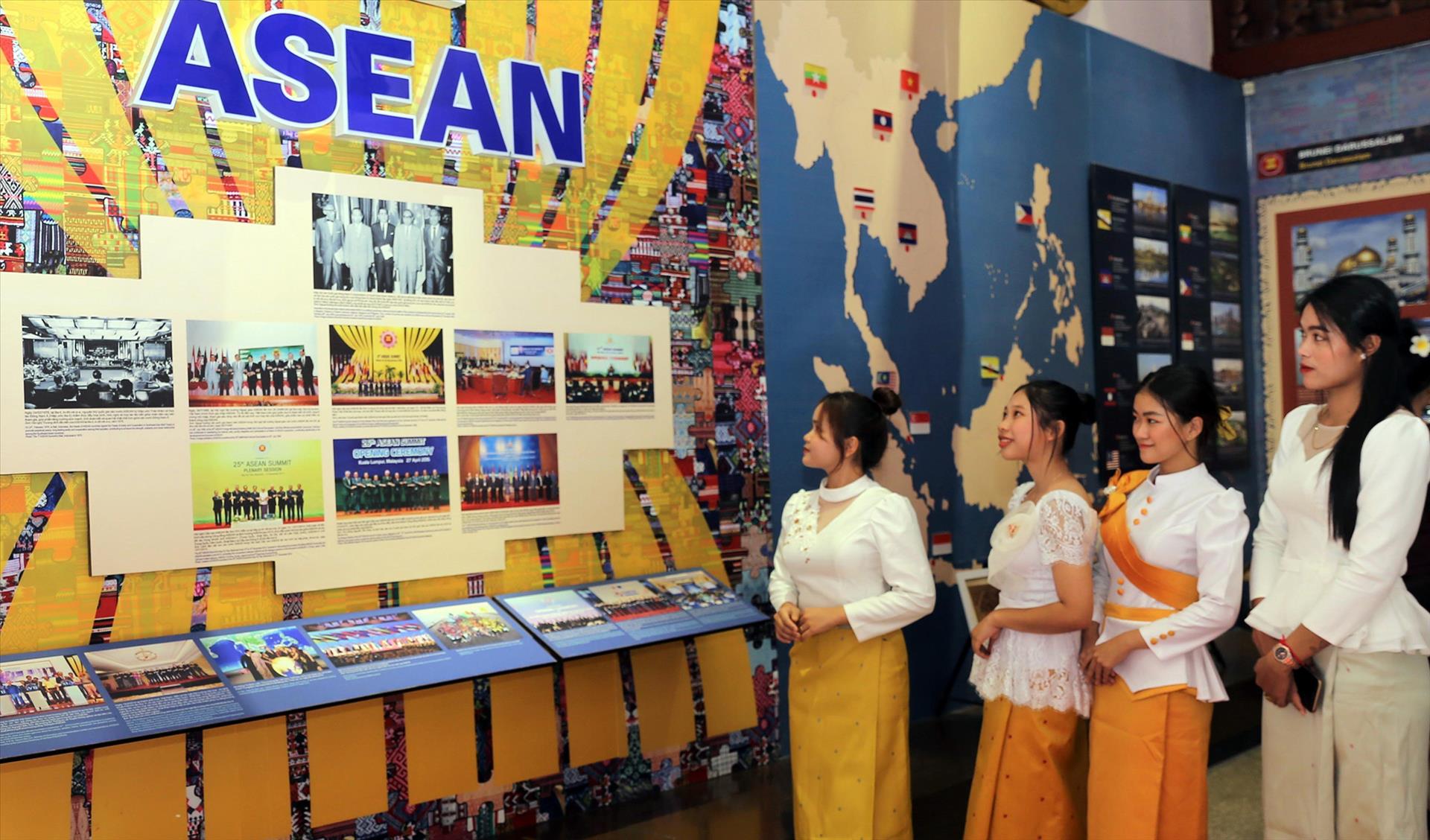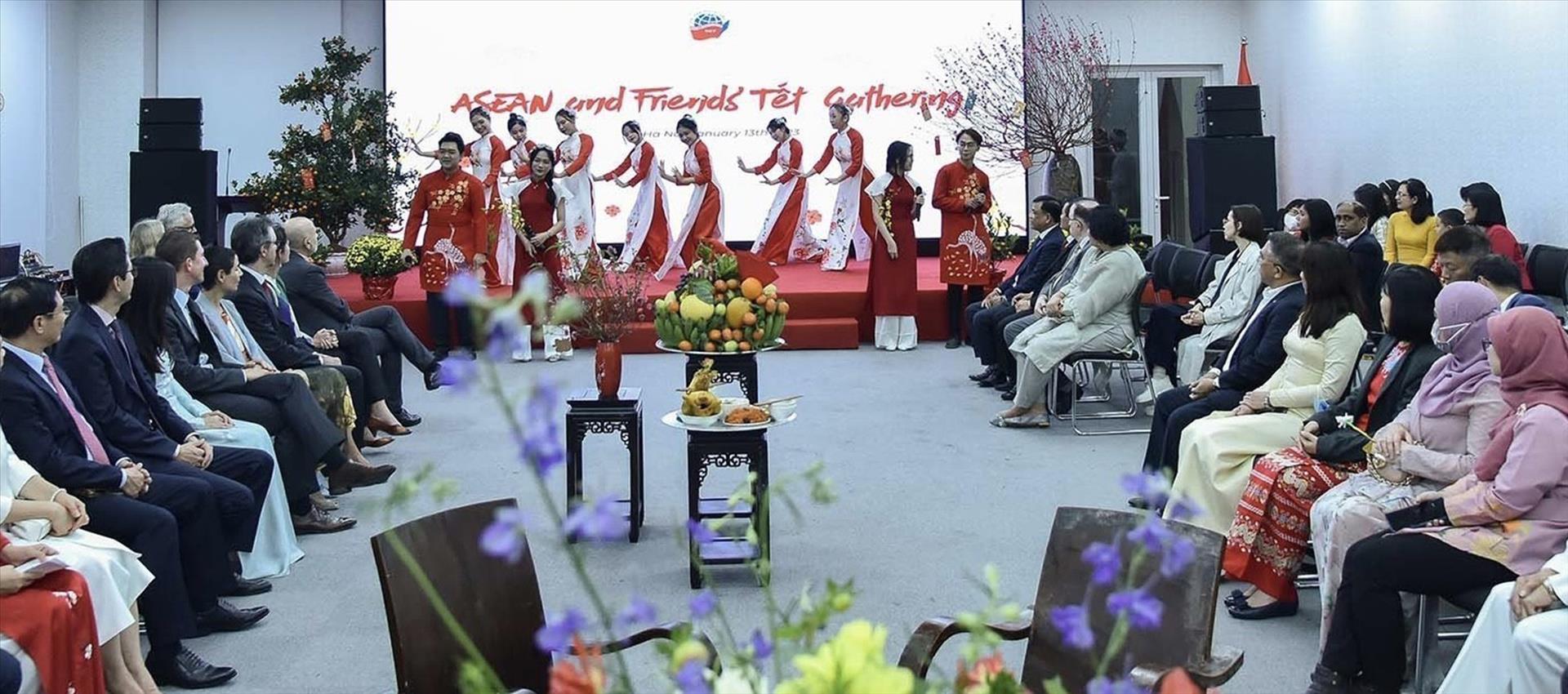Building a Self-Reliant and Agile ASEAN Community
The 56th ASEAN Foreign Ministers' Meeting (AMM-56) recently held in Indonesia focused discussions on the process of building the ASEAN Community, implementing the ASEAN Outlook on the Indo-Pacific (AOIP), external relations, and regional structure.
Themed "ASEAN Matters: Epicentrum of Growth" AMM-56 affirmed ASEAN's central role in all regional processes, from economic growth and development, changing working styles and ways of implementing ASEAN decisions to approach regional and international issues.
ASEAN is expected to become a center of growth, attracting investments and resources for development. ASEAN continues to shine with a promising growth forecast for 2023 at 4.7%. In contrast to the overall global economic picture, ASEAN still maintains its growth momentum with positive signals in domestic consumption, exports, and recovery in the services sector.
To realize these expectations, ministers agreed to further strengthen ASEAN's self-reliance and flexibility in the face of all opportunities and challenges posed to the region. In a volatile strategic environment, the unity and central role of ASEAN need to be more strongly affirmed. ASEAN should lead in shaping an open, transparent, inclusive regional structure based on laws with active participation and responsible contributions from partners to peace, stability, and prosperity in the region.
Cooperation in areas such as financial stability, supply chain resilience, digital health transition, energy security, and food security continues to be promoted through ASEAN's sectoral channels, contributing to improving ASEAN's capabilities and readiness to cope with current and future challenges.
In addition, AMM-56 also agreed to promote effective implementation of the ASEAN Outlook on the Indo-Pacific, encouraging partners to cooperate substantially with ASEAN in priority areas of connectivity, maritime cooperation, sustainable development, and economy, supporting ASEAN in building the community, contributing to peace, stability, and prosperity in the region.
Sharing a common view of an increasingly complex and unpredictable world, Vietnamese Foreign Minister Bui Thanh Son stressed that it is hard for ASEAN to void challenges from both inside and outside. However, with its 56-years of experience, ASEAN has sufficient grounds to be proud and confident of a united and strong ASEAN community.
According to Ambassador Vu Ho, Vietnam's Acting Head of the ASEAN Senior Officials' Meeting, the East Sea has become a common discussion topic for all participating countries. At AMM-56, all countries recognized the progress made in developing the Code of Conduct for Parties in the East Sea (COC) and believed these were positive steps and signs, thereby building trust or even promoting preventive diplomacy to harmonize all relationships and interests, ensuring peace and stability in the region.
For ASEAN to truly be at the heart, the driving force for regional and global growth, Indonesia, the rotating ASEAN Chair for 2023, has directed that the bloc prioritizes economic integration, inclusive cooperation and effective implementation of the Regional Comprehensive Economic Partnership (RCEP) agreement, ensuring food security, energy self-reliance, and financial stability.
Story: VNP Photos: VNA Translated by Hong Hanh
